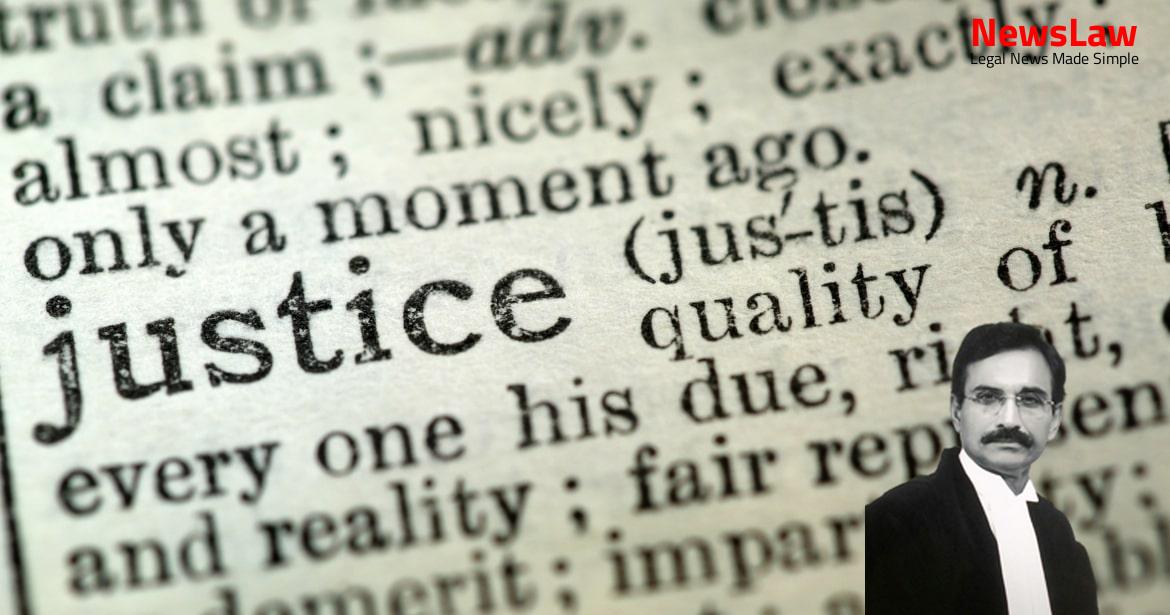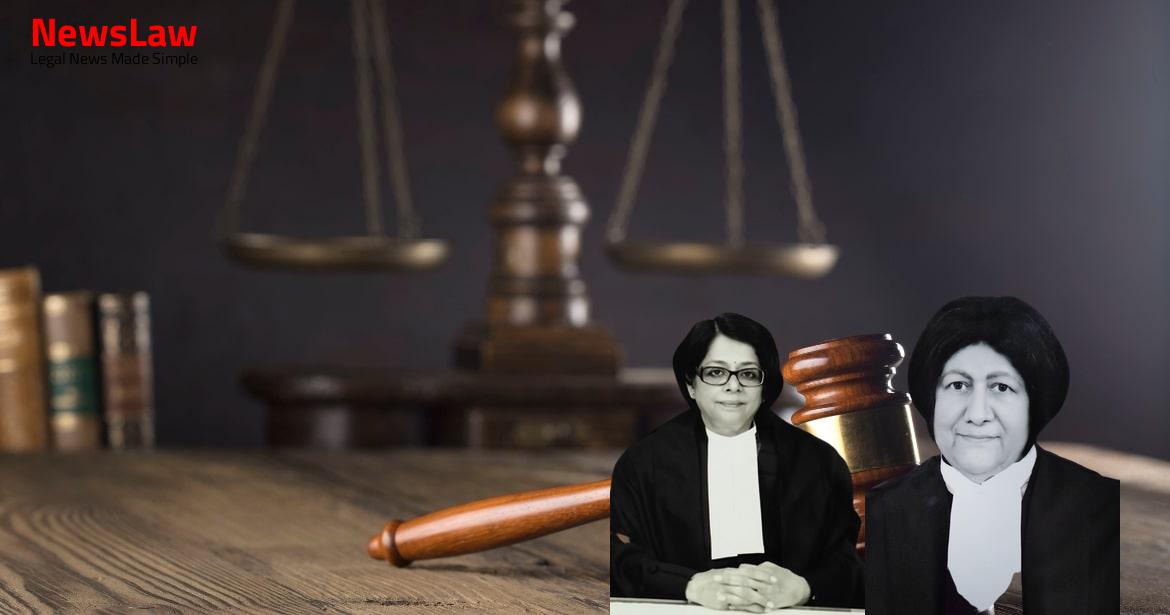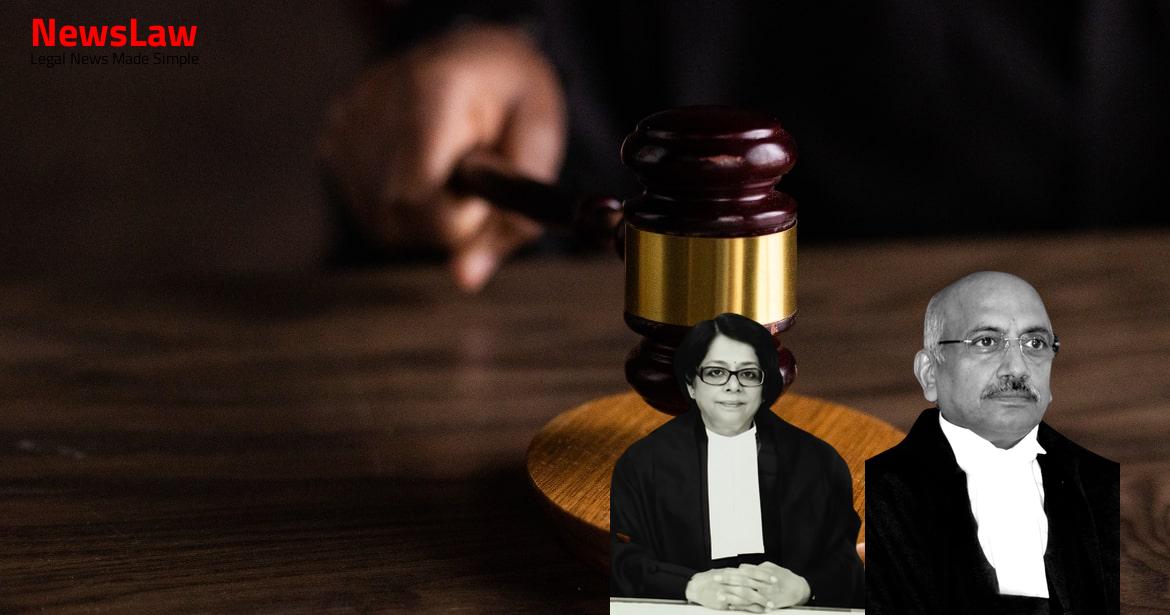Discover the nuanced discussions on judicial review in public health matters, emphasizing the importance of upholding constitutional rights while ensuring governmental actions align with legal principles. The court’s analysis delves into the balance between individual freedoms and communal welfare, with a focus on proportional and justified state interventions in the realm of public health. Stay informed about the critical role of the judiciary in scrutinizing government restrictions and safeguarding fundamental rights in the context of public health emergencies.
Facts
- Vaccination status and the number of vaccine shots received had a dose-dependent effect on protective efficacy.
- Both Indian vaccines showed significant protection against COVID-19 for individuals with clinical suspicion.
- Vaccination reduced the severity of the disease among individuals who tested positive despite being vaccinated.
- Full vaccination provided higher protection compared to partial vaccination.
- Fully vaccinated individuals had less disease severity, reduced hospital admissions, ICU admissions, and mortality rates.
- Vaccinated individuals had a lower length of hospital stay compared to unvaccinated patients.
- Fully vaccinated individuals were eight times less likely to be hospitalized and fourteen times less likely to require ICU admission or face mortality compared to unvaccinated positive patients.
Also Read: Interest Compensation Dispute in Property Demolition Case
Arguments
- The Petitioner, a paediatrician and former member of NTAGI, argues against vaccine mandates and coercion, emphasizing individual choice.
- Petitioner alleges discrimination against unvaccinated persons and questions the efficacy and transparency of vaccine approvals.
- Refers to scientific studies showing no significant difference in transmission risk between vaccinated and unvaccinated individuals.
- Argues that vaccine mandates are unconstitutional and violate fundamental rights.
- Raises concerns about adverse effects, lack of transparency in clinical trial data, and the need for informed consent.
- Questions the effectiveness of vaccines against new variants of COVID-19.
- Highlights the importance of balancing individual rights with public health interests and the need for scrutiny of government restrictions.
- Cites news articles and studies to support claims of breakthrough infections even among vaccinated individuals.
- The Union of India argued that the vaccine data shows no threat to children’s safety.
- Authorities need to monitor vaccine recipients and record adverse events publicly.
- Public health is a priority for the State.
- Vaccine mandates are criticized for restricting the freedoms of unvaccinated individuals.
- Concerns raised about lack of transparency in vaccine approval processes.
- Petitioner argues for natural immunity and questions the benefits of vaccinating children.
- Global agencies recommend pediatric vaccination.
- Issues raised regarding adverse events reporting and transparency in the process.
- Doubts raised about the transparency and efficacy of the adverse events reporting system in India.
- Petitioner highlights risk associated with mRNA vaccines and lack of control in Phase III trials.
- Argument made that vaccines do not prevent infection and transmission.
- Petitioner disputes vaccine mandates and emphasizes individual autonomy.
- Duality in the government’s stance on vaccine mandates pointed out.
- Petitioner argues for natural immunity acquired from COVID-19 infection.
- Concerns raised about the effectiveness of vaccines against new variants of the virus.
Also Read: Legal Interpretation of Extension of Judicial Member’s Term
Analysis
- The practice of the government blocking access to the internet, social media, or services is a violation of citizens’ rights and unconstitutional.
- The court should order the government to refrain from blocking access to the internet, social media, or services.
- Any such action by the government should be deemed as a violation of rights and unconstitutional.
- The court reserves the right to pass any other orders it deems fit in this regard.
- In the PRE_RELIED part of the judgment, the focus is on the importance of judicial review in matters of public health and vaccinations, particularly in the context of the COVID-19 pandemic.
- The NZ High Court emphasized the need for a lawful basis and justification for any encroachment on privacy or personal autonomy, especially in relation to vaccination mandates.
- Judicial review is seen as a critical tool to ensure that policy decisions made by the executive meet the standards of reasonableness, non-arbitrariness, and protection of fundamental rights.
- The Court’s role is to scrutinize whether restrictions imposed by the government on individual autonomy are proportionate and justified in the larger public health interest, without delving into the technical aspects best left to experts.
- The US Supreme Court’s decisions on vaccine mandates and religious liberty are referenced to highlight the delicate balance between individual rights and collective well-being during a crisis.
- The principle of precautionary measures in public health decisions is underscored, aiming to minimize risks and protect the community from potential harm.
- The role of the judiciary in upholding constitutional rights and ensuring governmental actions align with the principles of law and reason is reiterated in the analysis of various cases and international precedents.
- Throughout this analysis, the significance of proportional, lawful, and justified state actions in the realm of public health interventions is emphasized, highlighting the delicate balance between individual freedoms and communal welfare.
Also Read: Legal Analysis of Allegations of Illegal Mining
Case Title: JACOB PULIYEL Vs. UNION OF INDIA (2022 INSC 503)
Case Number: W.P.(C) No.-000607 / 2021



